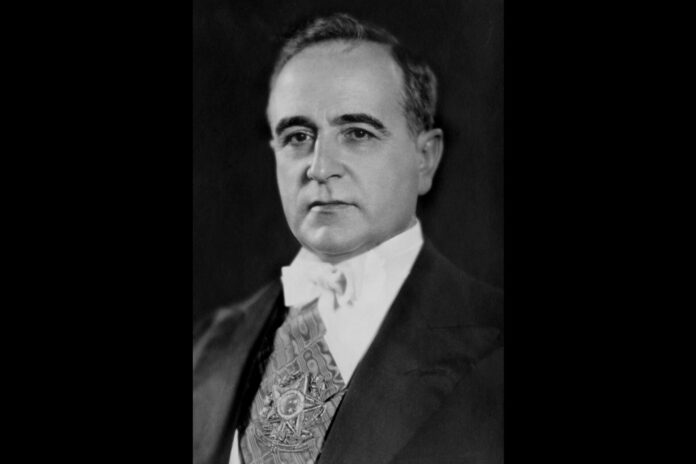On this 24th of August, we mark 69 years since the tragic passing of Getúlio Vargas, a figure that remains veiled in controversy, polarizing opinions and leaving an indelible legacy in Brazilian history. His life and political journey continue to evoke curiosity and impassioned debates among those residing in the United States who maintain strong connections to the homeland.
Getúlio Dornelles Vargas was a multifaceted individual who played a pivotal role in shaping 20th-century Brazilian politics. His trajectory was characterized by noteworthy accomplishments, such as the establishment of the Consolidation of Labor Laws (CLT) and the advancement of industrialization in Brazil, both of which fundamentally reshaped the nation’s social and economic fabric. Nevertheless, delving into his narrative necessitates grappling with the attendant controversies.
Vargas is frequently linked to the phenomenon of populism, a political modality that seeks to forge a direct connection between leader and populace, accentuating policies geared towards the masses. His presidential tenures, both in his initial term (1930-1945) and his subsequent one (1951-1954), were marked by populist attributes, underscored by social and economic measures designed to secure popular favor. However, his final term witnessed a marked shift towards authoritarianism, culminating in his resignation followed by self-inflicted demise.
Vargas’ legacy is undeniably imbued with ambiguity. To some, he stands as a defender of labor rights, responsible for transformative changes that redounded to the benefit of the disadvantaged. To others, he emerges as a leader who wielded institutions to further personal power and interests. His political tenure during the Estado Novo (1937-1945), a period characterized by dictatorial governance, remains a particularly contentious subject.
The manner in which Getúlio Vargas brought about his own passing in 1954 introduces a somber dimension to his saga. His tragic act unfolded against a backdrop of corruption allegations and mounting political pressures. The repercussions of his suicide reverberated deeply throughout Brazil, engendering enduring deliberations regarding the motivations underpinning this profound decision.
Despite the passage of decades since Getúlio Vargas’ demise, his legacy continues to cast a significant influence over Brazilian politics and society in its entirety. His achievements and shortcomings are recollected in discussions centered on democracy, labor rights, and economic development. Contemporary Brazil carries vestiges of the policies and actions enacted during his tenure in power.
On this 69th anniversary of his passing, the persona of Getúlio Vargas serves as a poignant reminder of the intricacies of history and underscores the necessity of assessing our leaders and historical events through a critical and reflective lens. His legacy beckons us to consider not only the positives but also the challenges and quandaries that confronted a nation in the throes of transformation.
The trajectory of Getúlio Vargas is a tapestry woven with achievements and contradictions. It is imperative to recognize that the legacy bequeathed by this charismatic leader transcends geographical and generational boundaries, compelling us to scrutinize not solely the annals of History but also the values and decisions that have contributed to shaping the contemporary Brazil that we know today.
José Roberto Souza Dias, PhD http://twoflagspost.com
Founder, Editor, and Chief Editor of Two Flags Post Journalist, Mtb 0083569/SP/BR, Master of Economic History, and Doctor of Human Sciences from the University of São Paulo, Honorary Doctorate from the Faculty of Social Sciences of Florianópolis – Cesusc


